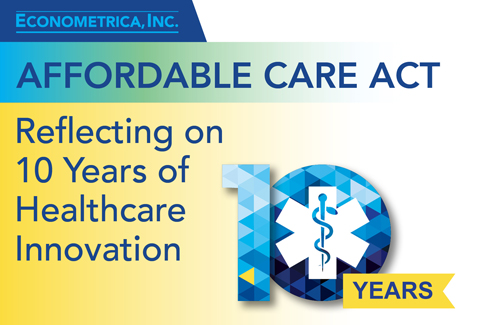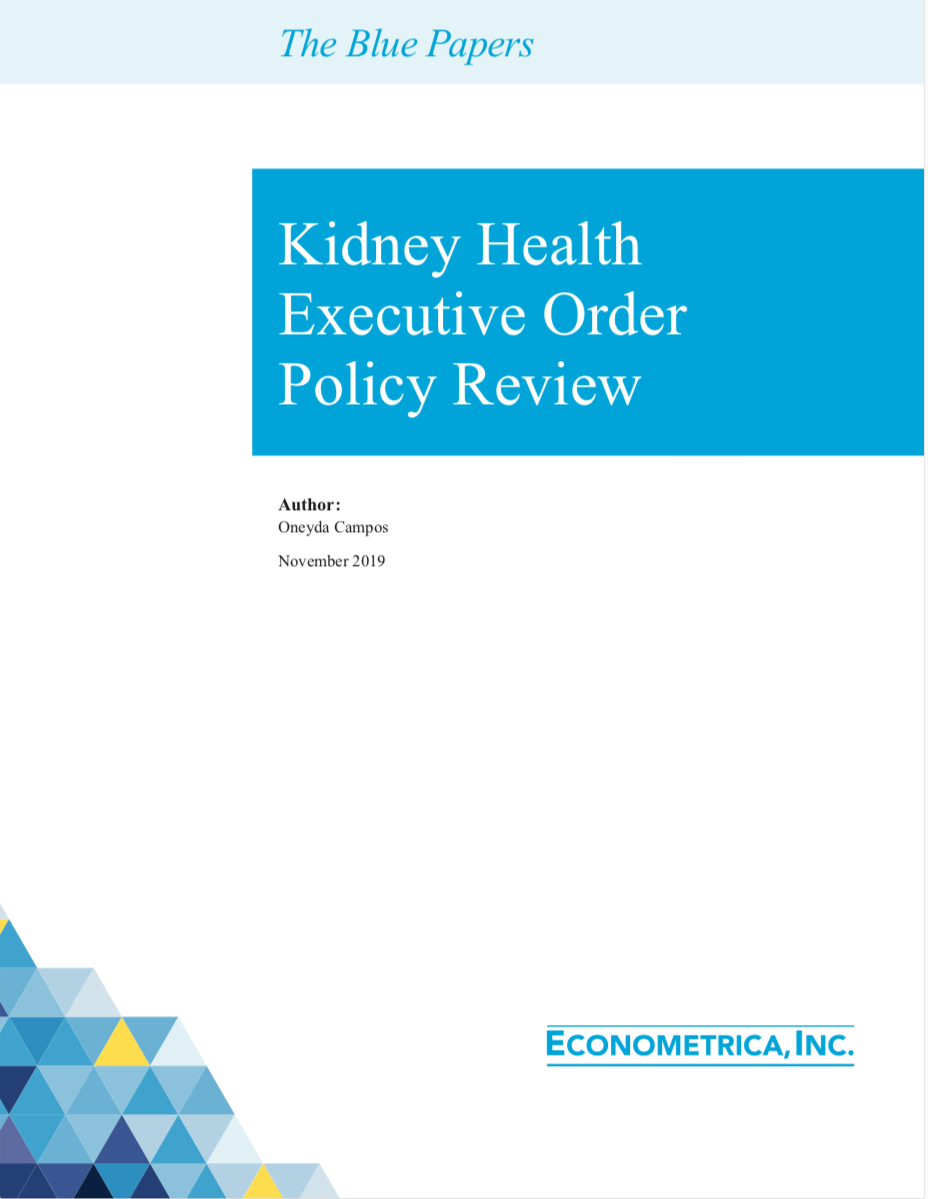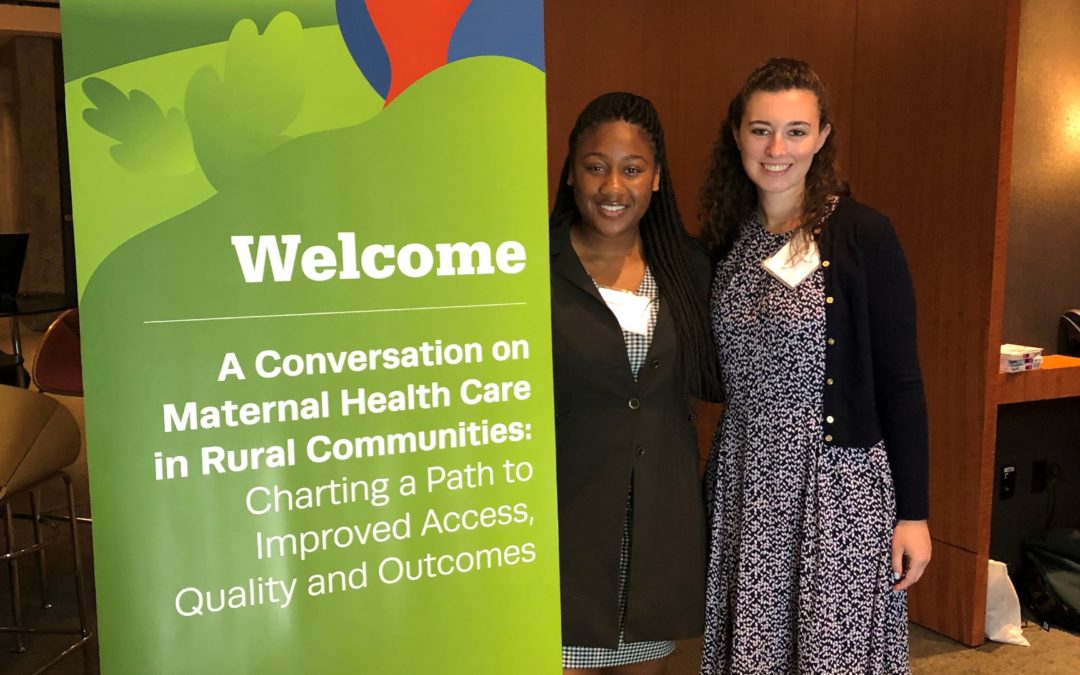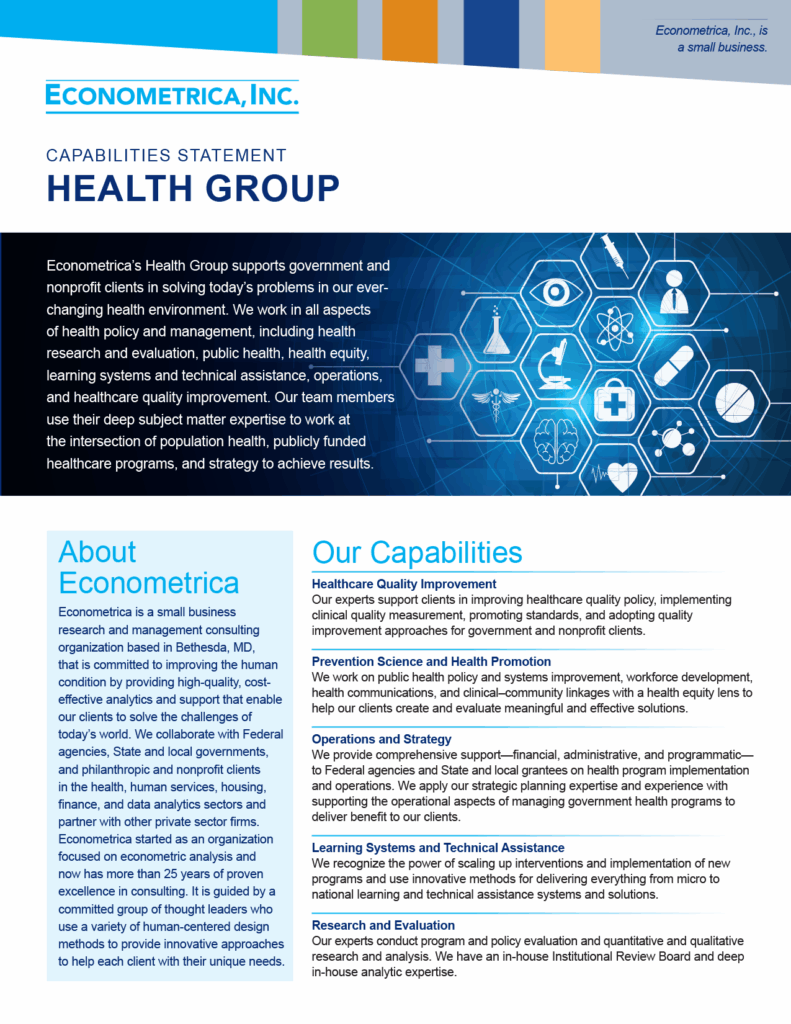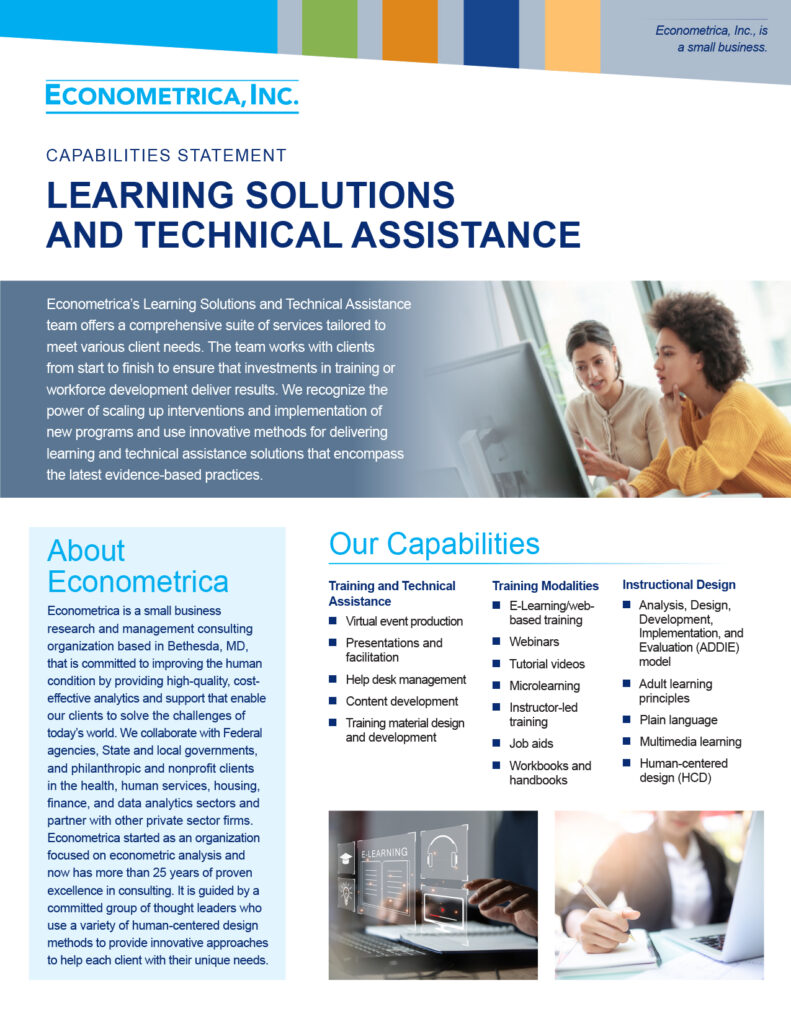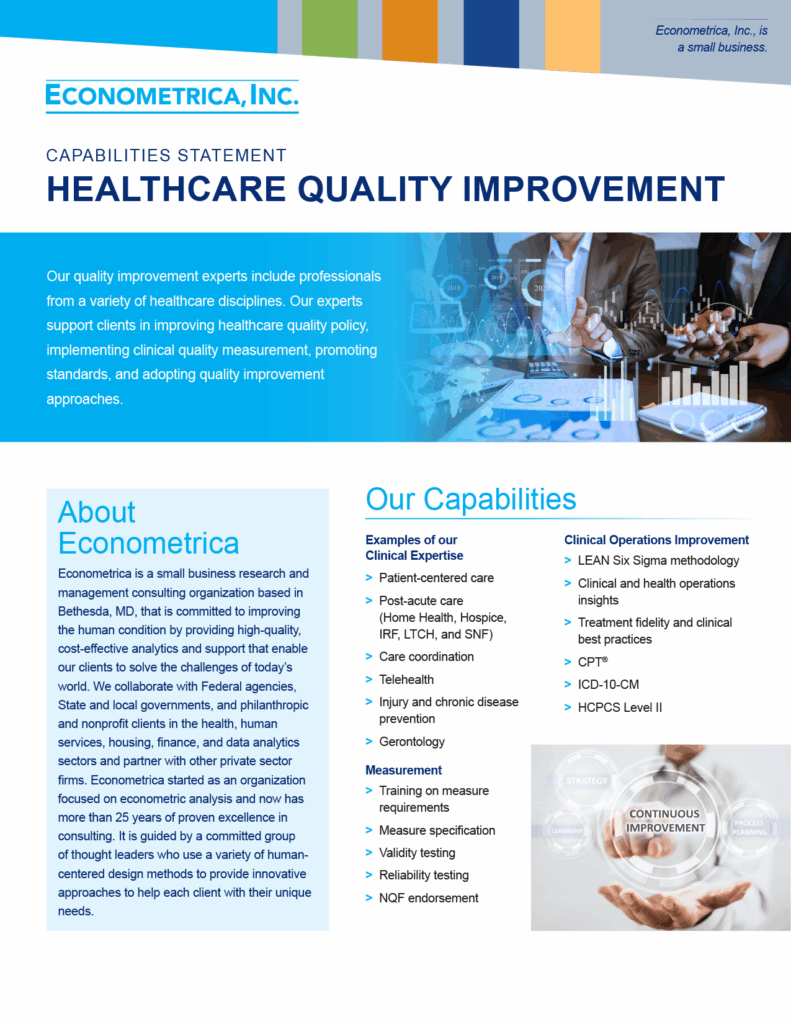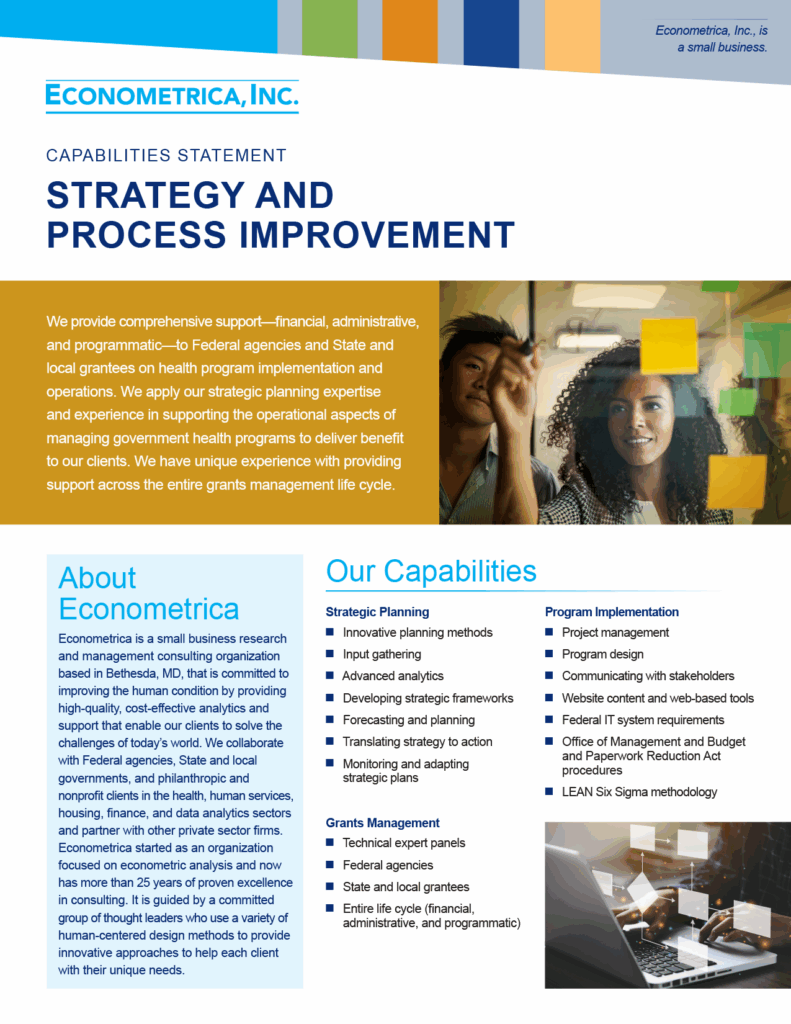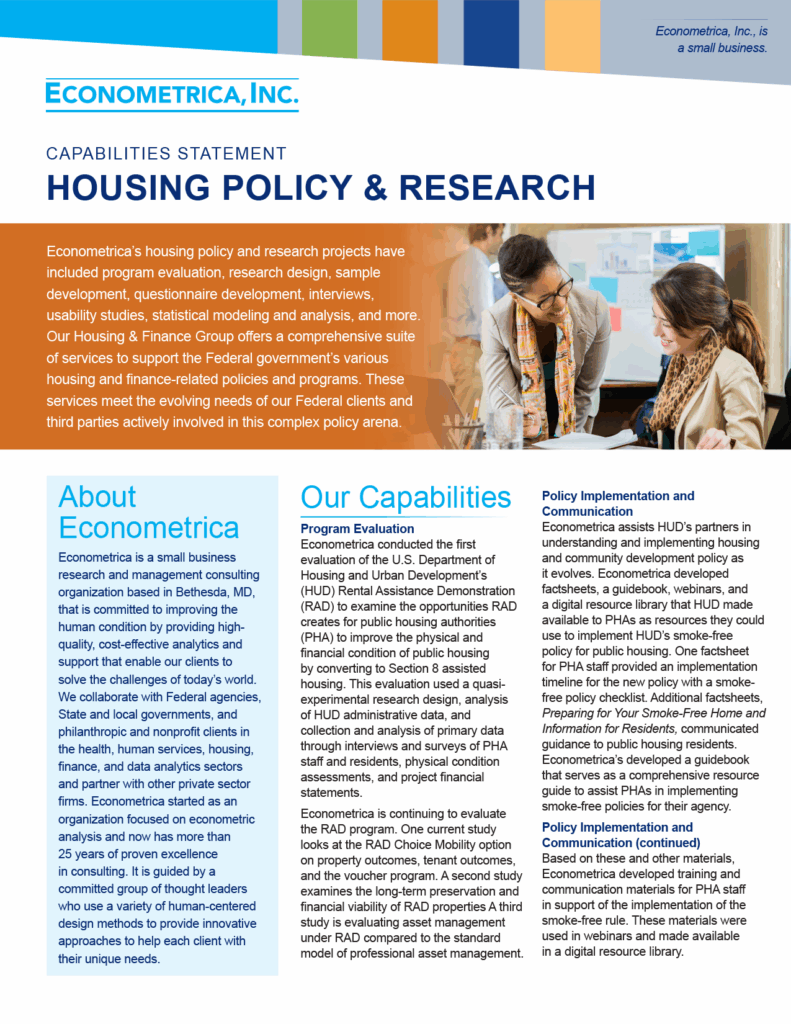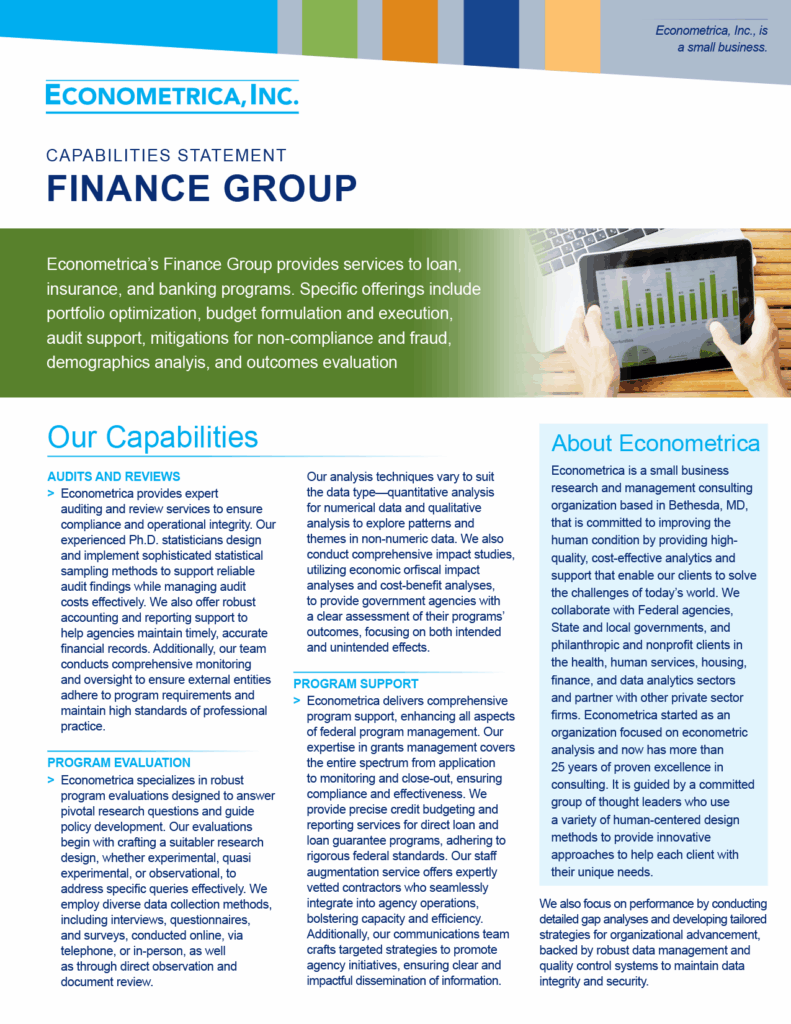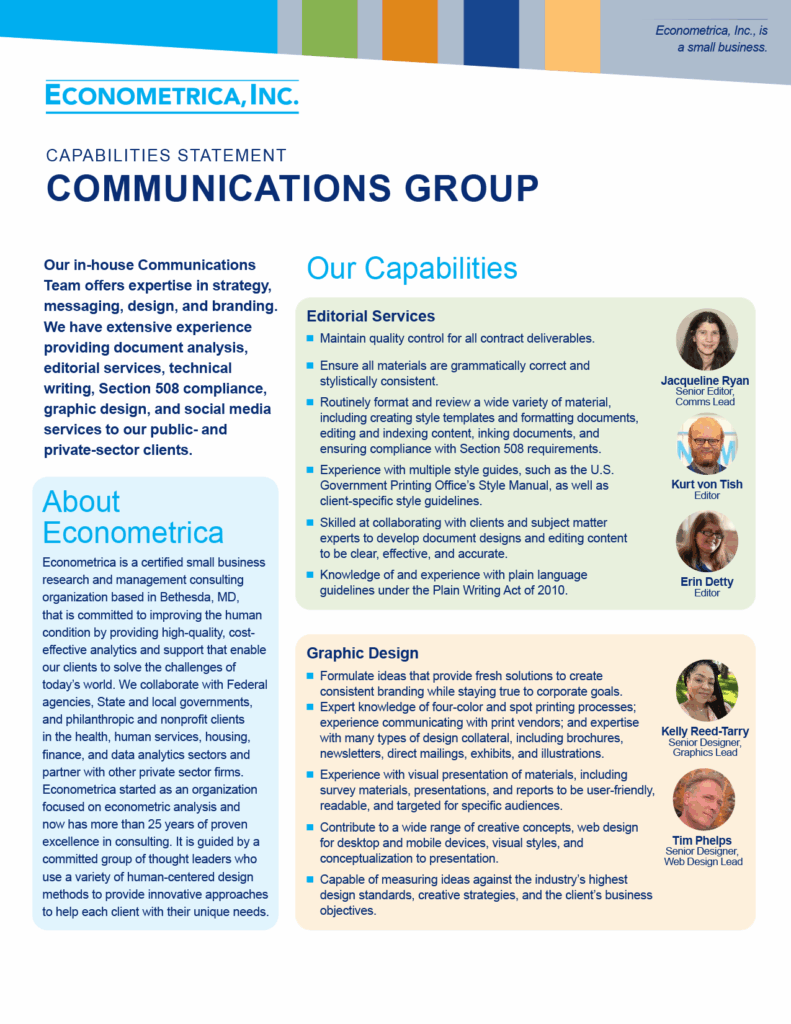
Looking Ahead in Quality Improvement
 BETHESDA, MD – In February, the Centers for Medicare & Medicaid Services (CMS) sponsored the CMS Quality Conference, an annual meeting of leaders and stakeholders dedicated to improving the quality, safety, and value of modern healthcare. Econometrica employees participated in this 3-day conference, which gathers the brightest in the field (including Government employees, providers, researchers, policymakers, professional society members, and others) to discuss several existing and future quality improvement initiatives. As the Affordable Care Act, the legislation that created many of these quality programs, celebrated its 10-year anniversary this March, the conference emphasized current and upcoming quality improvement programs. Econometrica has engaged with many of these models in the past; in this article, we highlight and look ahead to several key innovations discussed at the conference.
BETHESDA, MD – In February, the Centers for Medicare & Medicaid Services (CMS) sponsored the CMS Quality Conference, an annual meeting of leaders and stakeholders dedicated to improving the quality, safety, and value of modern healthcare. Econometrica employees participated in this 3-day conference, which gathers the brightest in the field (including Government employees, providers, researchers, policymakers, professional society members, and others) to discuss several existing and future quality improvement initiatives. As the Affordable Care Act, the legislation that created many of these quality programs, celebrated its 10-year anniversary this March, the conference emphasized current and upcoming quality improvement programs. Econometrica has engaged with many of these models in the past; in this article, we highlight and look ahead to several key innovations discussed at the conference.
The Quality Payment Program (QPP) was the focus of many conference sessions. Created under the Medicare Access and Children’s Health Insurance Program Reauthorization Act of 2015, the QPP aims to improve care and reduce costs while also easing provider burden. Clinicians may choose to participate via two tracks: the Merit-Based Incentive Payment System (MIPS), or Advanced Alternative Payment Models (APM). Through MIPS, clinicians are reimbursed based on quality of care as measured by performance in four domains: quality, cost, improvement activities, and promoting interoperability. Scores on measures in these domains are aggregated into a final score that determines a payment adjustment. Clinicians may also receive incentive payments for participating in an Advanced APM. APMs are payment frameworks that offer incentive payments for the provision of high-quality, cost-efficient care. Under the QPP’s Advanced APM option, a 5-percent incentive is available for clinicians who meet threshold levels of payments or patients through an Advanced APM.
Conference sessions highlighted CMS’ plans for implementation of the new MIPS Value Pathways (MVP) framework for participation in QPP beginning in the 2021 performance period. The goal of MVPs is to simplify and lower reporting burden. MVPs allow clinicians to report on measures and activities that are specialty- or practice-specific with a base of interoperability measures and population health measures derived from administrative claims data.
Other innovative models highlighted at the conference include the Integrated Care for Kids model and the Maternal Opioid Misuse model. The Integrated Care for Kids model aims to address challenges in children’s health through early identification and treatment of health issues and improved quality of care for children. It promotes care coordination across providers and creates State-specific APMs to enhance payment for quality of care and outcomes. Model participants include Lead Organizations, which are made up of community partners; State Medicaid Agencies; and Partnership Councils. The Maternal Opioid Misuse model is one of CMS’ models designed to respond to the opioid crisis by targeting the lack of coordination of care for pregnant and postpartum patients with Opioid Use Disorder. It further looks to increase access to necessary services and the availability of care providers for pregnant and postpartum women with Opioid Use Disorder.
Econometrica is excited to be part of such a vibrant conversation about the future of quality improvement! We look forward to continuing to work with CMS and other leaders in the field to drive healthcare innovations that promote the provision of high-quality care at efficient cost.
Founded in 1998, Econometrica is a research and management organization in Bethesda, MD, established to provide public- and private-sector clients with customized program support services. Econometrica works with multiple agencies to provide high-quality, cost-effective analyses, modeling, and economic evaluations. The company consistently receives exceptional scores from its clients and believes in three principles: technical capabilities, happy customers, and business development.
Econometrica is excited to be part of such a vibrant conversation about the future of quality improvement! We look forward to continuing to work with CMS and other leaders in the field to drive healthcare innovations that promote the provision of high-quality care at efficient cost.

